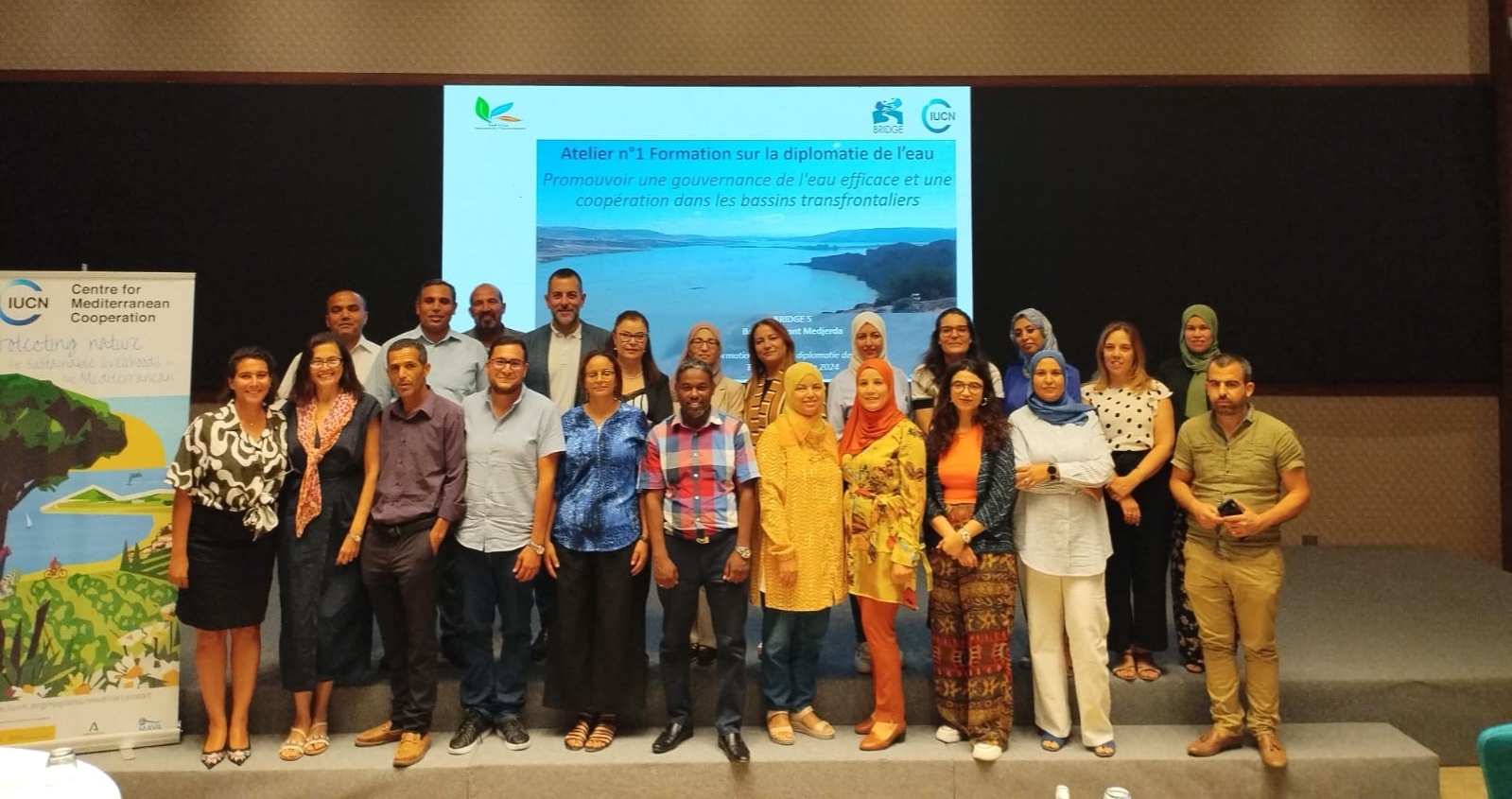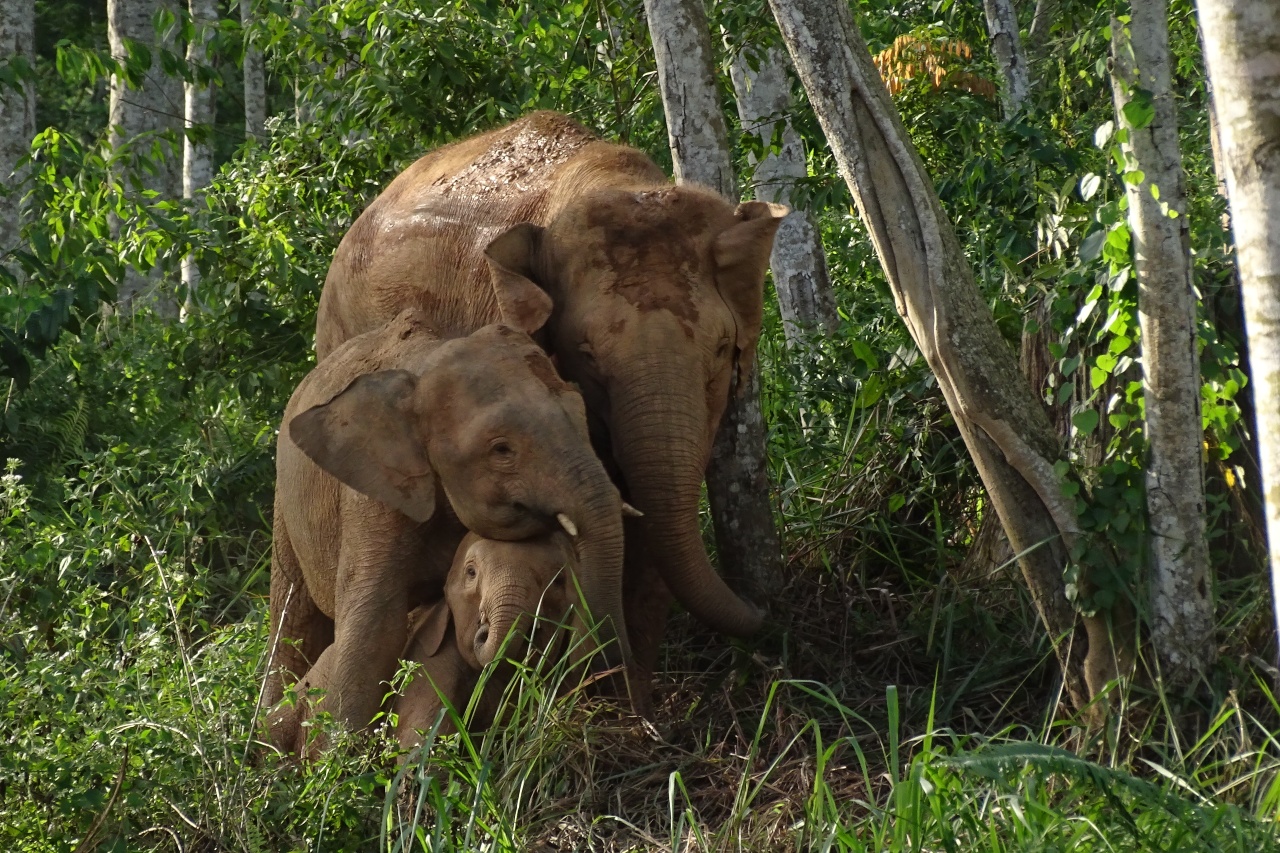And it is here we must remember that while the problems now facing humanity seem overwhelming, IUCN is one of the few organisations with the reach and influence to move the needle on global action. With our 70 proud years of history, global reach of more than 1,300 Member organisations and 13,000 experts, and deep knowledge of almost every facet of the natural world, we have the skills and expertise to guide humanity as it enters the 2020-2030 development decade.
So to impact the world even more powerfully, even more effectively than before, we will use 2019 to achieve three things: Shape the 2020-2030 development decade; modernise and “industrialise” IUCN to expand our global impact; and ensure we are prepared for our vital June 2020 rendezvous in Marseille at the IUCN World Conservation Congress.
Shaping the 2020-2030 development decade
The world set the 17 bold SDGs in 2015. But in the few years since, social circumstances have changed drastically, threatening the spirit of cooperation that helped the globe lay down these targets in the first place. Public anger seems set to increase against authority and “the elite”, more are clamouring to “take back control”, and barriers are rising everywhere. Behind the push against government and globalisation rumbles the voice of a civil society that feels forgotten.
Nature and its conservation is probably one of the few challenges that could unite more than it fragments.
Yet nature and its conservation is probably one of the few challenges that could unite more than it fragments. It could be a catalyst for greater coalition as we face more divisive challenges. And this is where IUCN stands strong and tall. We, unique among international organisations, put civil society on equal footing as governments as we implement change. IUCN connects thousands across all swathes and sectors of society and gives them a voice in protecting the natural world.
Integrating all members of society into our work amplifies our positive impact on nature many times over, and because nature lies at the heart of the SDGs, this is how we will shape the 2020-2030 development decade.










Ajouter un commentaire